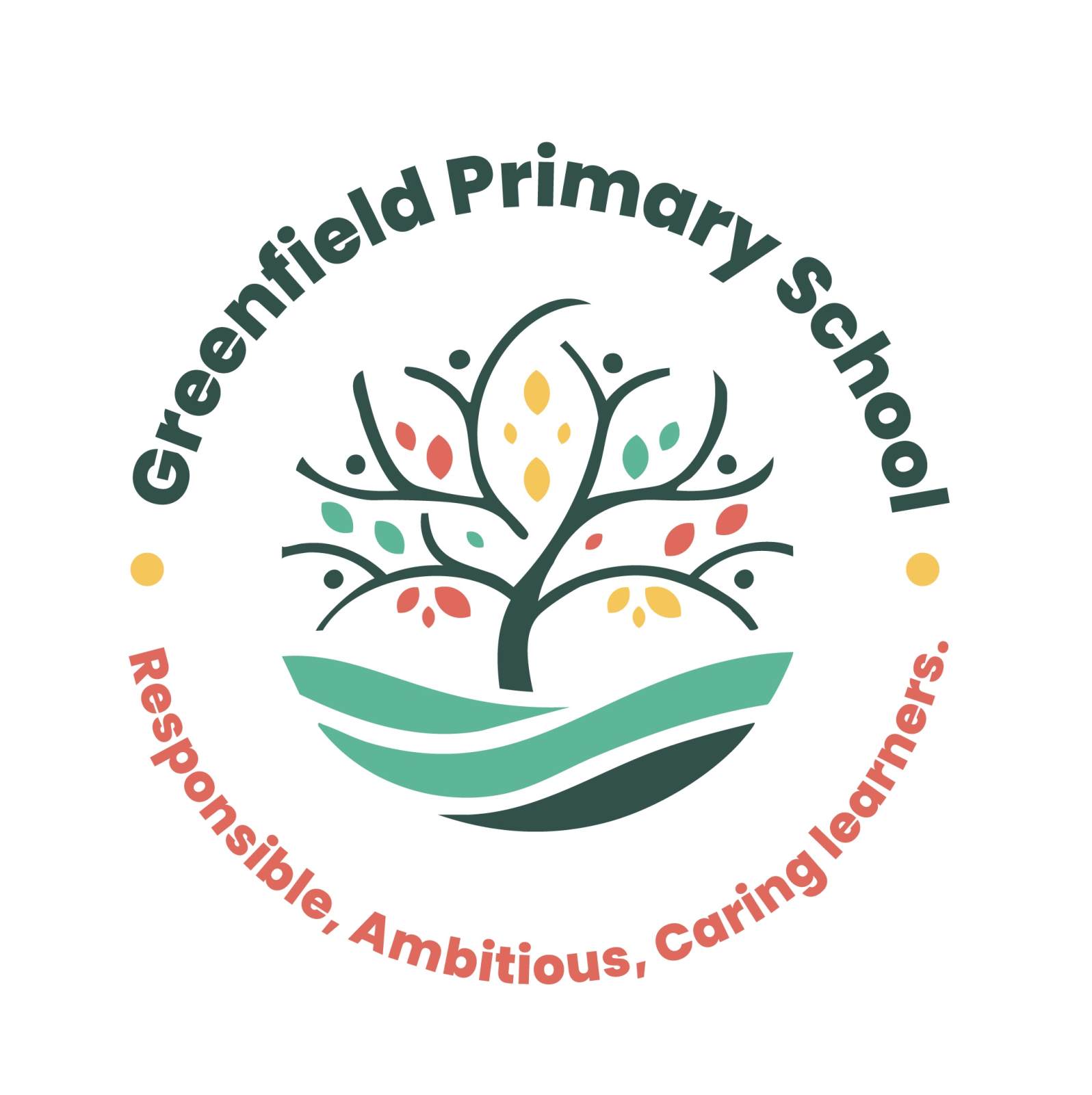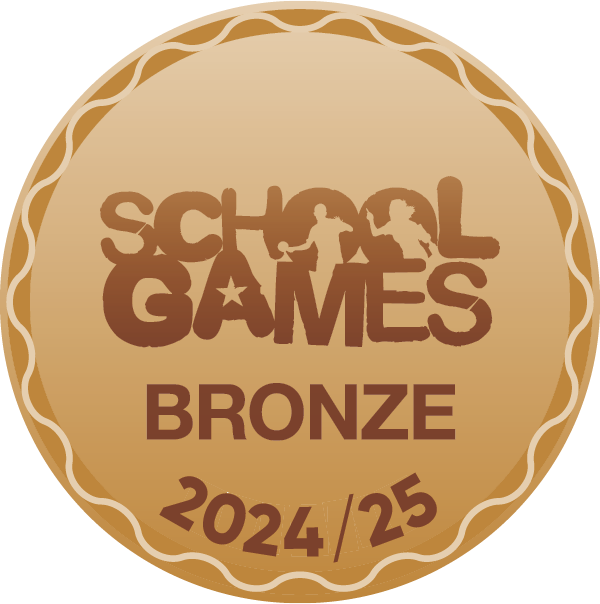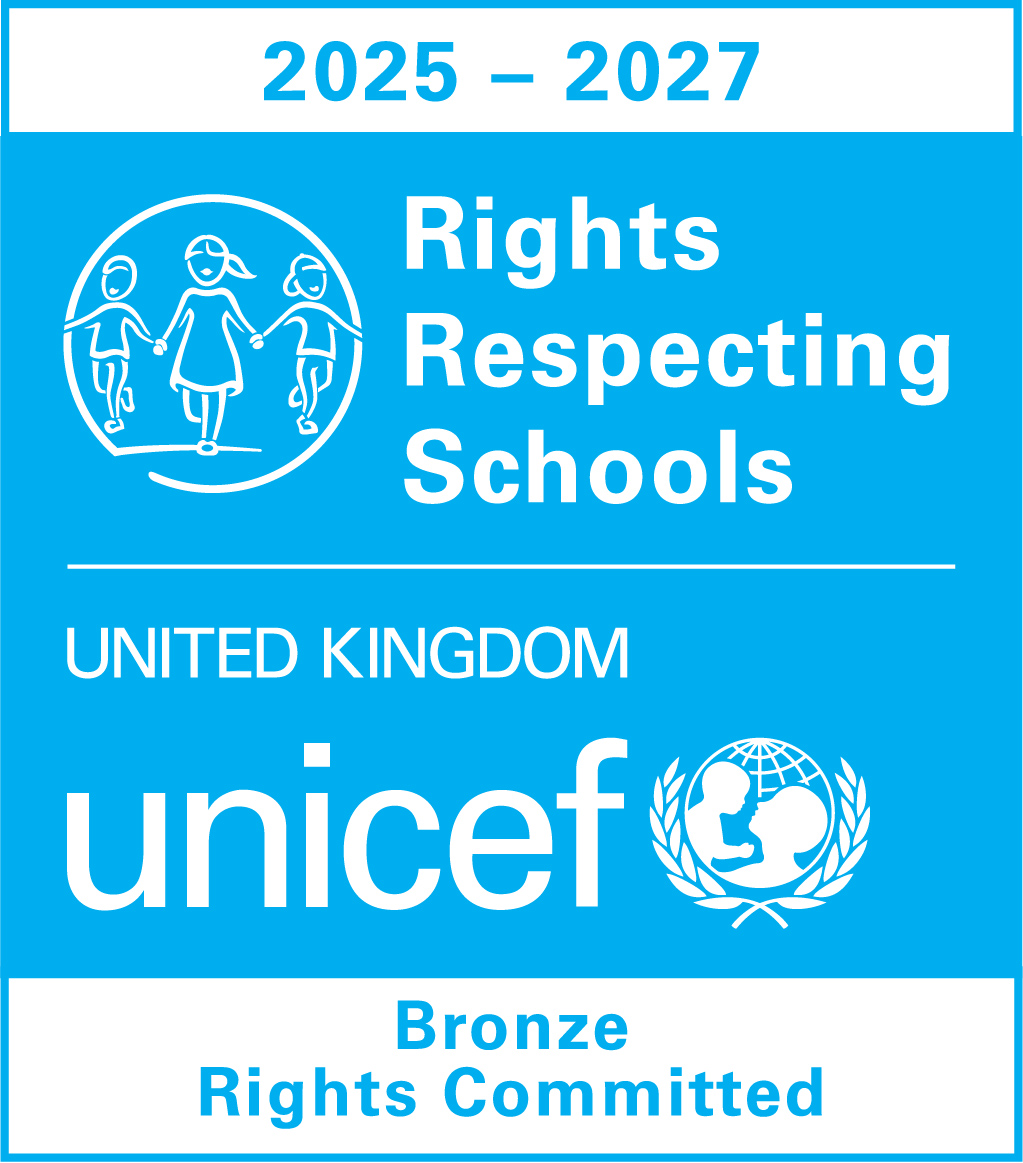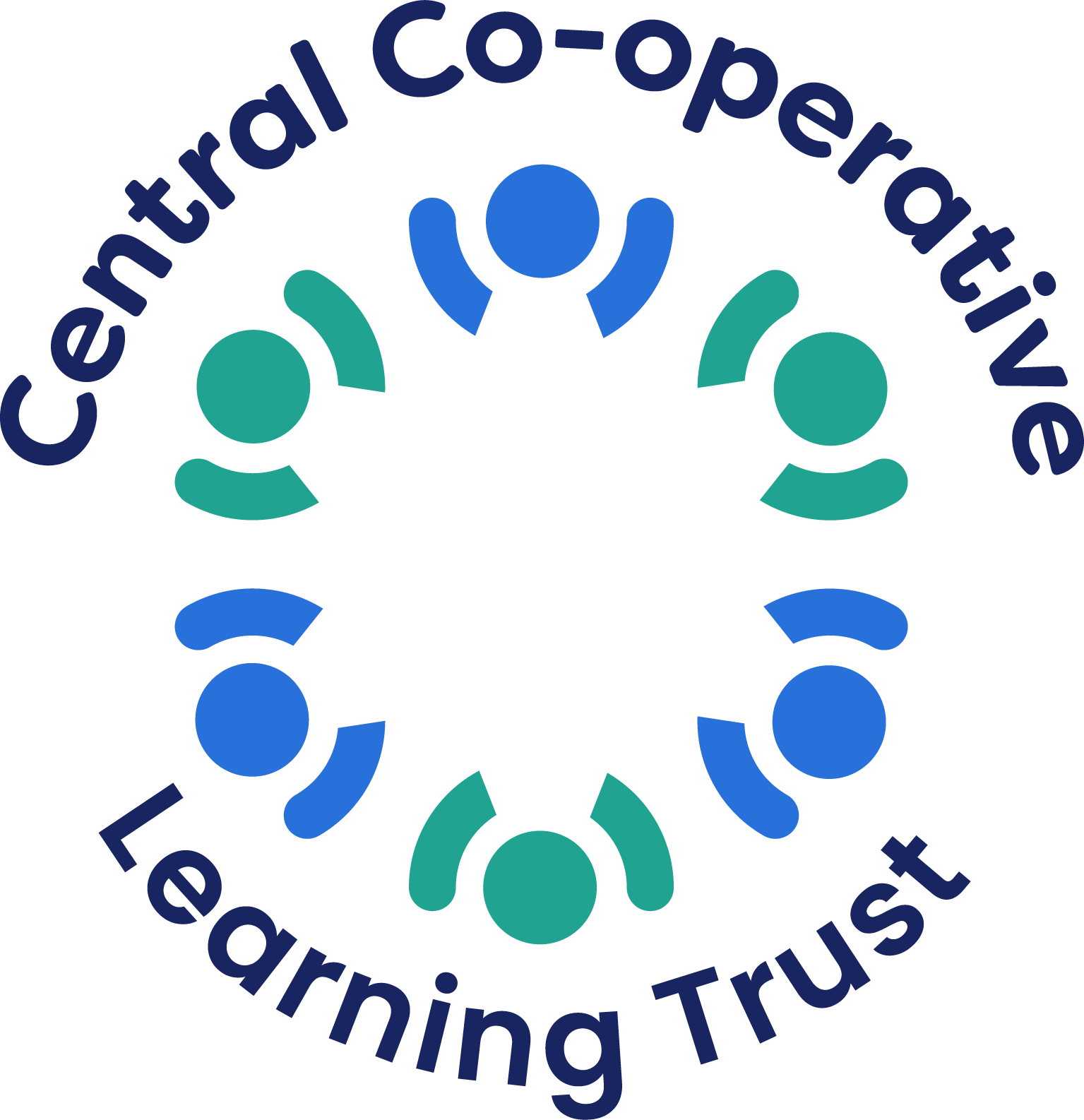History
Intent
At Greenfield Primary School, we aim to deliver a high-quality history education which inspires children to become independent and inquisitive learners who enjoy learning about local historic events as well as that of Britain and the wider world. We aim to build confidence and self-esteem through our delivery of the History curriculum by following a ‘revisit, revisit, remember’ process.
Our History curriculum provides children with opportunities to look at various historic sources, to think critically about how reliable different sources are and to develop their own views and judgements of past events. Children are encouraged to ask questions about historical time periods and this is used to deliver a curriculum which is engaging where children demonstrate enjoyment in learning. In delivering our History curriculum, it will help our children to understand and develop a sense of empathy for: who different communities of the past were and the sorts of challenging life experiences they faced whilst living in a different time era.
Diversity is something that we deem as an important area to cover so that children are prepared for living in our ever-changing world. This starts with children in Key Stage 1, who will be educated and exposed to a range of diverse role models and events that have impacted on history over time. Leading on from Key Stage 1, children’s knowledge and understanding are further extended within Key Stage 2 where opportunities are provided so that children can understand the social, cultural, ethnic and religious diversity that was rooted within different communities in the past and how their relationships with one another changed over time. We then aim to support children in thinking carefully into comparing the lives of those from the past, with the lives that we live now. As a school, we aim to provide children with opportunities to develop discussions and explanations of how the past has strongly influenced and shaped the lives which we have here today.
Implementation
In our school, History and Geography alternate every half term. History is taught for one half term, for one afternoon every week for children throughout Key Stage 1, Lower Key Stage 2 (Years 3 and 4) and Upper Key Stage 2 (Years 5 and 6) using the National Curriculum.
Planning is aligned to the National Curriculum and encompasses the delivery of four key skills:
- To investigate and interpret the past
- To build an overview of world history
- To understand chronology
- To communicate historically
These skills are applied to different time eras and historical contexts within each year group. Planning supports the process of teaching as ‘revisit, revisit, remember…’ on a two year cycle. These four key skills are built on by teaching Years 1, 3 and 5 the ‘basic’ skills that they need and then revisiting these skills in Years 2, 4 and 6 at a higher level of thinking and learning, known as ‘advanced’ and ‘deeper.’ By delivering our curriculum this way, it supports our children in gaining a solid understanding and confidence in using history skills in a range of contexts and time periods.
The skills that are taught in History across KS1 build on what has been taught previously in the Early Years Foundation Stage (EYFS) as part of the ‘Understanding the World’ area of learning. Children are asked to make comparisons between now and then and make important connections with famous figures from the past during cross curricular learning activities. In Key Stage 1, the curriculum has been carefully planned to ensure that it covers a wide range of diverse role models and events that have impacted on History over time, such as: Christopher Columbus, William Shakespeare, Queen Elizabeth II and many other important figures from histories pastimes.
Leading on from Key Stage 1, within Key stage 2’s curriculum, the four key history skills can be applied to a range of different people who lived within different eras, such as:
- The Stone Age, Bronze Age and Iron Age
- The Romans
- The Anglo-Saxons
- The Vikings
- The Egyptians
- The Ancient Greeks,
- The Aztecs
- The Mayans
- Early Islamic Civilisation and the Prophet Muhammad
- The Kingdom of Benin and the Edo people
- Alexander the Great
- Explorers,
- The Tudors, and
- The Victorians
Within each of these eras, children will use the four key history skills that are taught by using a variety of sources to investigate and interpret the past. They will also build an overview of world history through describing characteristics and features of the past including ideas, beliefs, attitudes and experiences of men, women and children. Understanding chronology will be done through the use of artefacts and placing events, dates and historical figures on a timeline. Children will be taught to communicate historically through the use and development of appropriate vocabulary relating to dates, time periods, eras, change and chronology. All these skills being taught to children with a hope that as children leave our school as they move onto Secondary School, they will be equipped with the skills and confidence needed to: ask perceptive questions, think critically, weigh evidence, sift arguments, and develop perspective and judgement, understand the complexity of people’s lives, the process of change, the diversity of societies and relationships between different groups, as well as their own identity and the challenges of their time.
Impact
Our History curriculum will be monitored through the use of planning trawls and regularly looking through children’s work as part of a book trawl cycle. The subject co-ordinator will give children from different classes, an opportunity to discuss their learning through pupil conferencing.
Skills ladders are another useful tool that are used by class teachers when completed throughout the year which supports teachers in planning and assessing skills that have been taught and those that need revisiting again. The co-ordinator also has access to the skills ladders completed by teachers which is a helpful tool in monitoring whether skills have been achieved by the end of each academic year. This may mean that changes to the curriculum are made accordingly if needed.
As part of monitoring and evaluating the delivery of our History curriculum, staff in each phase are encouraged to review what was successful, what may need improving next time and any resources that they did/would have found beneficial. As a school, we ensure that one staff meeting per term is dedicated to subject co-ordinators giving feedback to teaching staff which helps in making them aware of any shared successes or changes being made to the subject. Governor meetings are another element of monitoring and evaluating this subject as it is important that Governors are aware of how the subject is being taught across all key stages.
For more information, please click here to see the National Curriculum document
